|
Sourdough lovers, this one is for you. Whether you've been a long-time baker or you've fell victim to the 'baked goods' phase of quarantine, you can likely attest to bread baking being both a science and an art. It demands practice and patience, and yields an end result that is so worth the process. Longevity staff member, Elizabeth-Hope, has been perfecting her sourdough bread baking for quite some time now. When she began, she turned to a trusted source to learn everything she knows: nationally renowned sourdough baker, Maurizio Leo. We were thrilled (and slightly starstruck) when Maurizio shared his insight with us.
What is one thing you wish you would have known as a new sourdough bread baker? "When I first started baking sourdough bread, I wasn't as observant during the baking process as today. Perhaps it's the fact that as you do the same thing over and over, you become able to focus on minor details more acutely. But, I'd say a big part of it is simply the fact that I didn't take a moment to step back and assess how my starter, levain, or dough was progressing. It's these small moments of observation that help you key into the process and ensure fermentation is on point. Over the past decade, I've learned to be especially observant of my sourdough starter and how it's progressing (fermenting) each day. Of course, its activity will change through the seasons: slowing during the winter and speeding up during the summer. Adjusting your refreshment flour, water, and carryover will ensure your starter is as strong and healthy as can be. During the summer, I like to reduce the amount of carryover starter I leave in the jar to slow activity, and conversely, in the winter, I might leave a little more to speed things up. This way, I am always sure I have a strong starter from which to start the day's bake. And as I always like to say, a healthy sourdough starter means great bread." Can you speak to the proofing process in a heavily humid/tropical environment vs. a drier climate? "I live in the opposite climate: the arid southwest at high altitude and very low humidity. I can remember my grandmother when she'd visit from Italy saying her skin felt like dry paper and her bread never rose the same way as it did back home in temperate Italy. Humidity and altitude play a significant role in bread making, and dough consistency is directly related to hydration. Therefore, those in humid climates should expect a reduction in the total water needed compared to someone living in an arid climate. Of course, this is always relative to the flour you have on hand and are working with that day, but in general, more humidity might mean holding back some of the water called for in the recipe to ensure the dough isn't over hydrated. A reduction in the water should also help make the dough more stable during proofing in high humidity, ensuring a stronger dough that's less sticky. If it's very humid in your location and you find your proofing baskets won't cleanly release any dough after proofing, be sure to heavily dust the basket with white flour to ensure it removes easily before baking. Finally, if it's humid and warm, you might find the dough ferments faster than you'd like, in which case reducing the pre-fermented flour percentage (the amount of leaven or starter) can help you slow the entire process to help avoid over proofing." For everything you need to know about preparing, baking & enjoying sourdough, visit Maurizio's website: The Perfect Loaf. Follow along on Maurizio's Instagram page, @maurizio. WHAT YOU'LL NEED Ingredients: Flour (We use King Arthur Organic All Purpose Flour, however whole rye flour is recommended) Water Starter Salt Tools: Lodge combo cooker cast iron pan Heavy duty pot holder for the cast iron pan Parchment paper to prevent burning Bench scraper for scraping the dough Bowl scraper Scale for weighing the dough and starter Razor or sharp knife for scoring the bread Dough proofer Mixing bowl with a cover Flour sifter Digital thermometer Shop the above, and more of Mauricio's baking tools, here. TRUST THE PROCESS Baking anything, be it cookies, cakes, muffins, or bread, can be rather intimidating. It's methodical, meticulous and heavily dependent on measurements, technique, temperatures and numerous other external factors. Sourdough is no exception. The 'Beginner's Sourdough Guide' by The Perfect Loaf explains all of the fundamentals, baking terminology and even includes a schedule. There is also a 'Starter Guide' which breaks down each step of creating a starter for the dough. BENEFITS OF SOURDOUGH BREAD
OUR FAVORITE WAYS TO ENJOY SOURDOUGH
FROM OUR SUGGESTION BOX TO YOUR KITCHEN
MAURIZIO'S RECIPES AS BAKED BY ELIZABETH-HOPE Taking a stab at your baking your own sourdough? Share your experience with us - we'd love to see it. And if you need a local starter or a hearty & warm loaf of bread, see Elizabeth-Hope at the front desk! Longevity Living, an aspirational lifestyle blog by Longevity Fitness Charleston, is your source for all things fitness, nutrition and wellness. Be sure to subscribe to our weekly newsletter for scroll-worthy articles, must-watch videos from our expert trainers, studio updates & more.
0 Comments
Leave a Reply. |
AuthorWrite something about yourself. No need to be fancy, just an overview. Archives
November 2022
Categories |
|
THE LONGEVITY CLUB
163 Rutledge Avenue Charleston, SC 29403 Call: 843-720-2700 Text: 843-729-7897 [email protected] @longevityclubchs | @longevitykiawah For press inquiries, please contact: Julie Montgomery at [email protected] or Maria Castellano at [email protected] For general inquiries and support, please contact: [email protected] |
Copyright © 2023

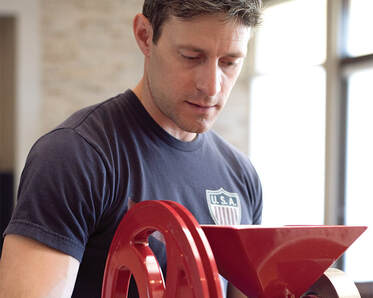
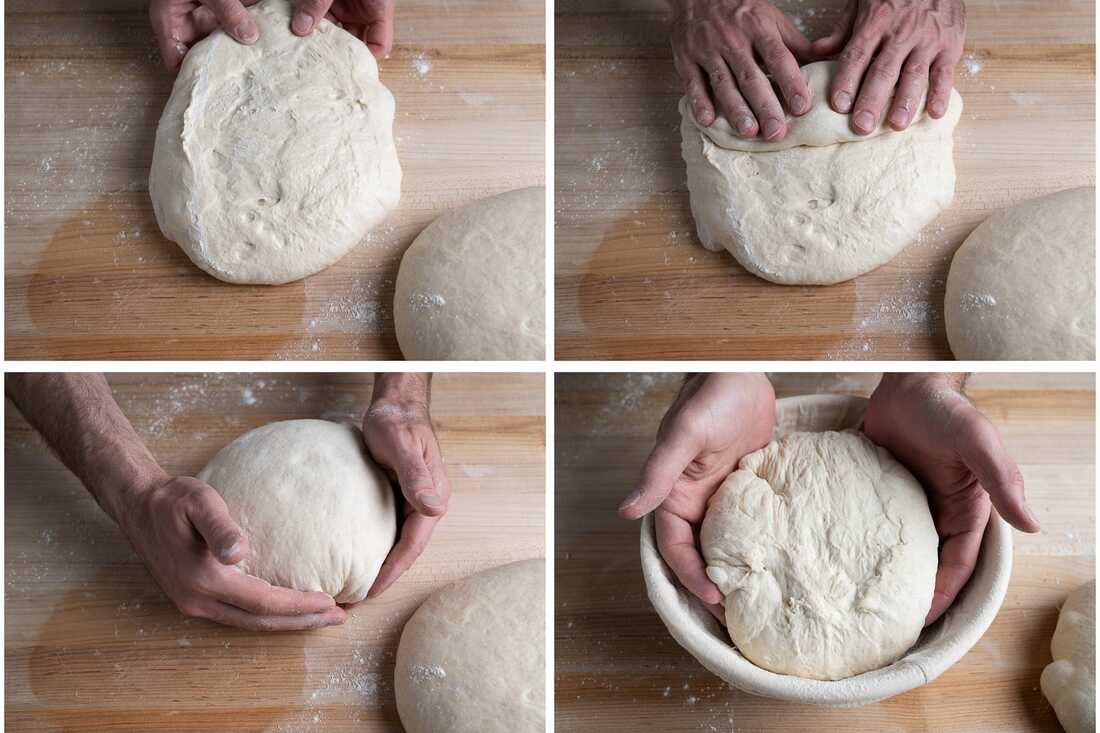
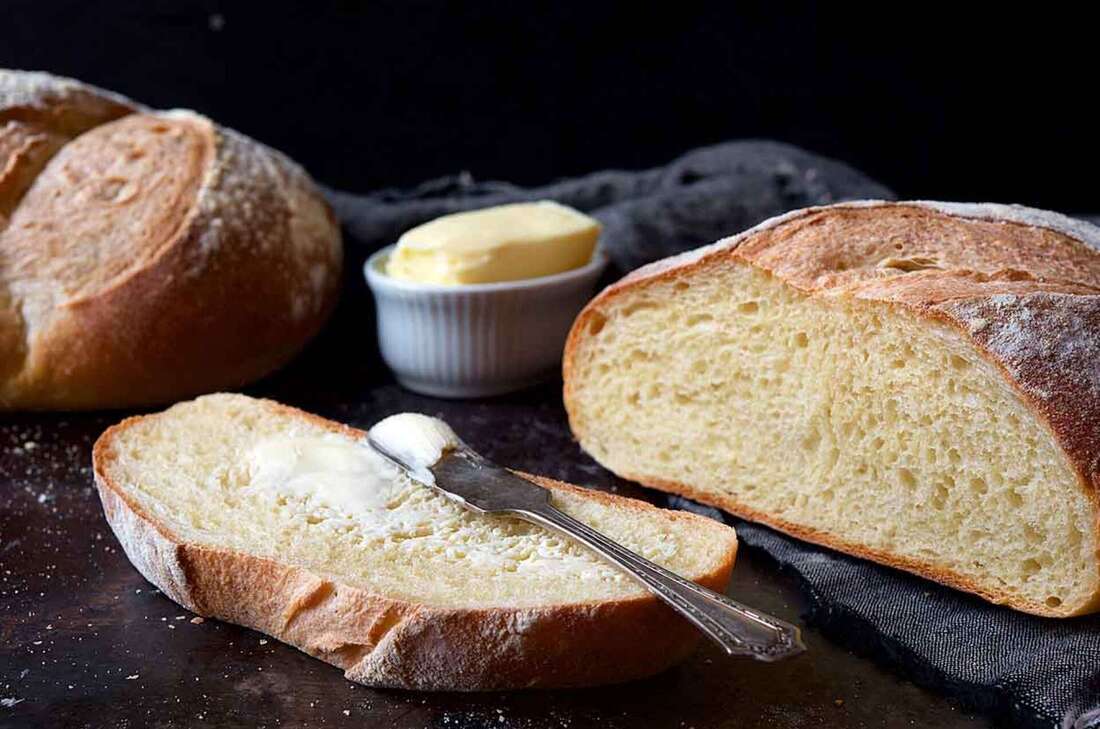
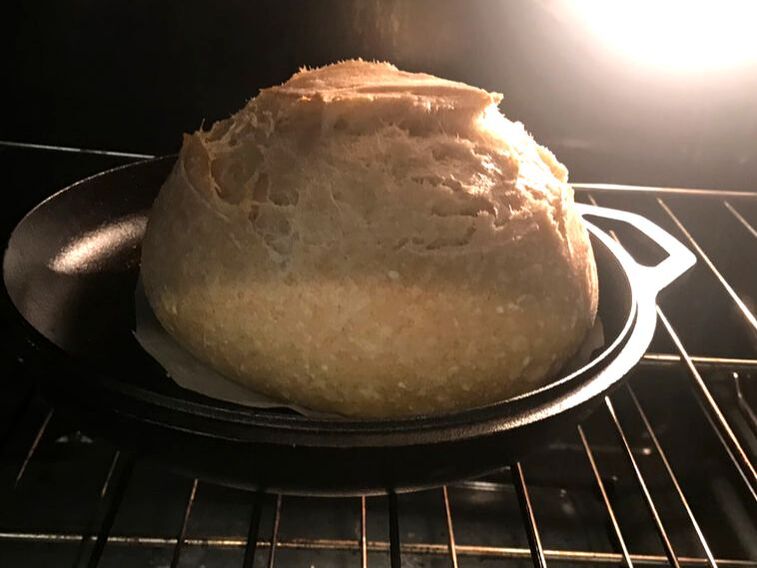
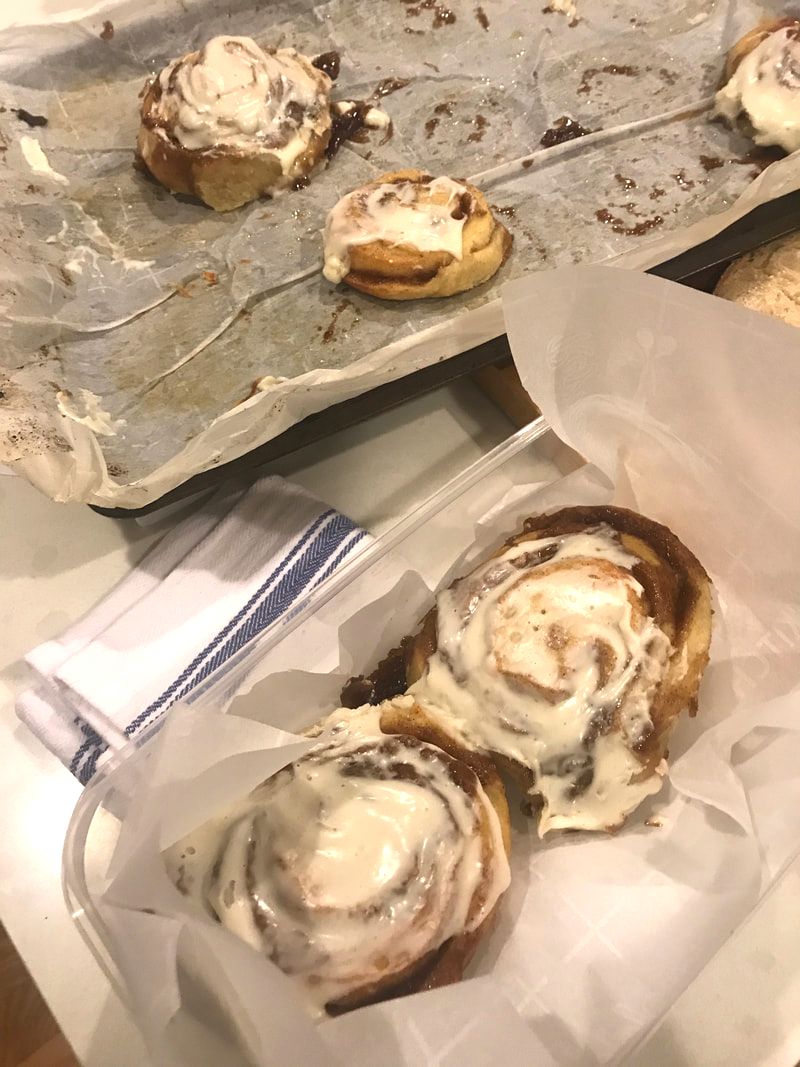
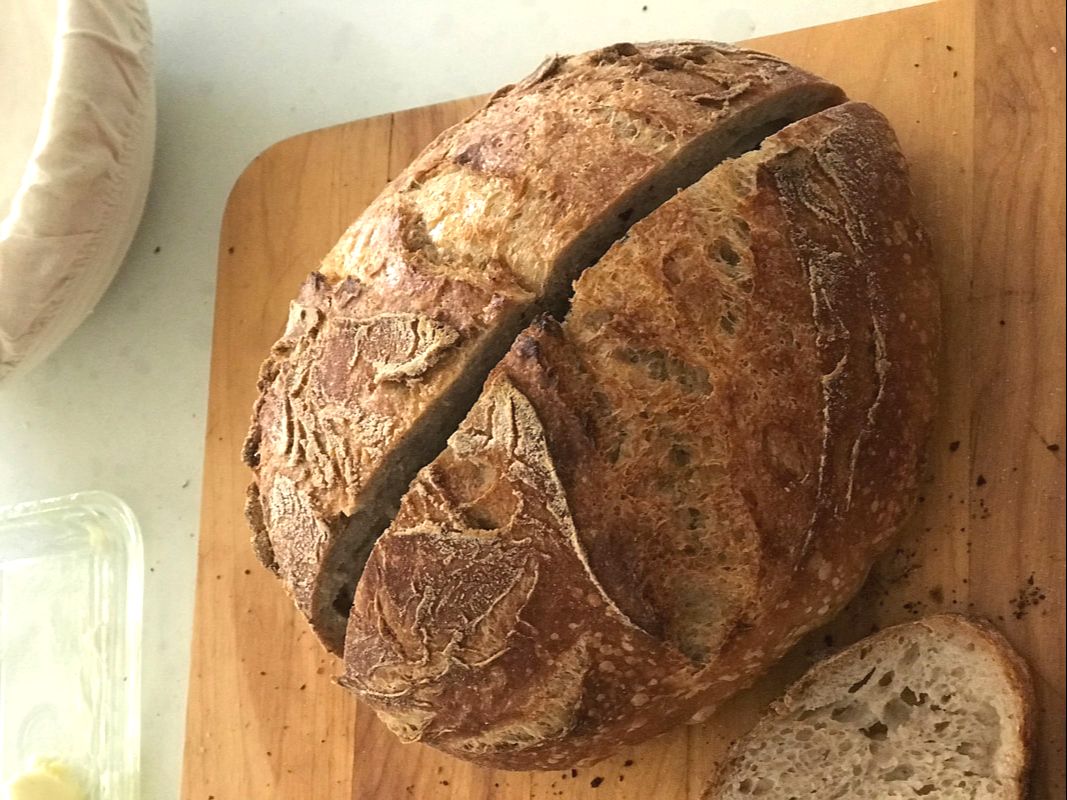
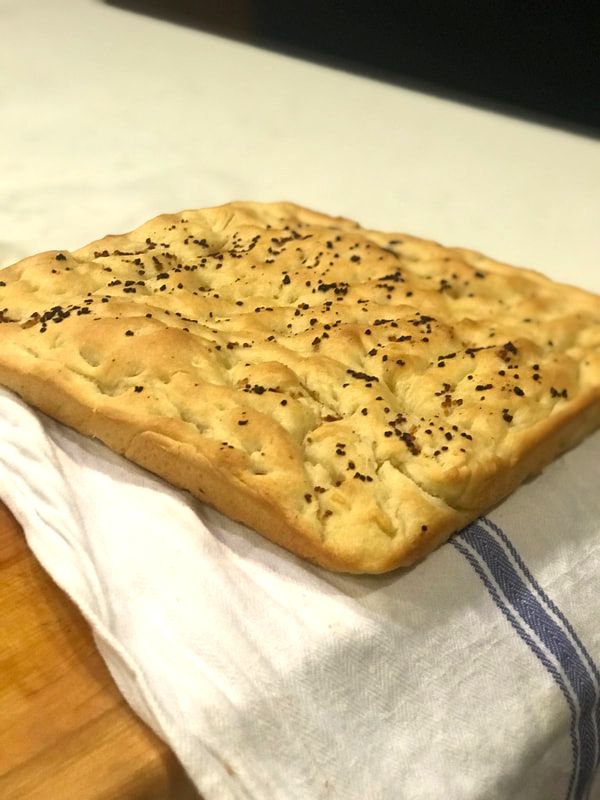
 RSS Feed
RSS Feed